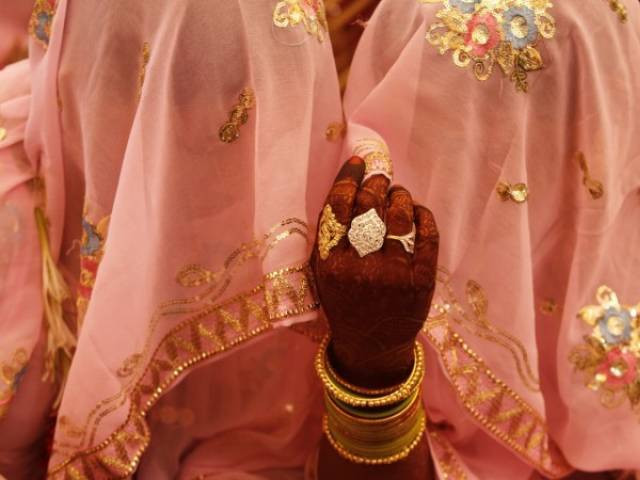All talk, little action: PPP reiterates pledges to protect minorities
While bill on forced conversion gathers dust at assembly secretariat, party uses idea for sake of votes

PHOTO: FILE
The bill against forced conversions was passed by the Sindh Assembly in November 2016. Soon after, the party leadership succumbed to threats by religious elements, who pressured to withdraw the said law, before it could be ratified by the governor.
The outgoing assembly has finished its tenure, but the law, which was originally drafted by then Pakistan Muslim league - Functional (PML-F) MPA Nand Kumar Goklani could not be tabled again for discussion in the assembly.
Forced conversion: a state’s failure
As the elections draw closer, the PPP has once again made promises in its manifesto to prevent forced conversions, but the party's leaders failed to justify why they relented to the extremist elements and did not pass the law to protect minorities.
"From the first day when the governor refused to give assent to my bill against forced conversions, the PPP and its leadership has been silent on the issue," Goklani said.
"Initially, the PPP parliamentary minister convinced me to make amendments to the law as suggested by the governor. We agreed and amendments were made in consensus, but all in vain since the assembly has now been dissolved," Goklani said.
The forced conversion bill, officially known as the Criminal Law (Protection of Minorities) Bill, was passed unanimously following numerous complaints that people, especially children, belonging to non-Muslim communities, were being forced to convert to Islam.
Controversy arises in alleged forced conversion, marriage of Hindu girl
The preamble of the law read, "The bill is for protection against forced conversion and to provide the rights of freedom of religion, freedom to marry and to prevent forced conversions."
Though all political parties in the Sindh Assembly voted in favour of the bill, soon after the legislation, Jamaat-e-Islami (JI) leader Sirajul Haq approached PPP leader Asif Ali Zardari and the Council of Islamic Ideology. A letter was then written to then governor Saeeduzaman Siddiqui not to ratify the bill.
Some religious groups took to the streets against the law. "After receiving Haq's call, the PPP leadership called the then governor and asked him to return the bill to the assembly without assent as it needed a few important amendments," sources privy to the development told The Express Tribune, adding that the PPP co-chairperson also asked party leaders to make changes in the law before moving it in the assembly again.
Five months on, bill against forced conversion gathers dust
In January 2017, the governor returned the bill with a message to make amendments to it. Later, the bill was referred to the standing committee, where some amendments were made.
According to Goklani, he repeatedly requested all ministers and even the CM to move the revised bill in the assembly, but it did not see the light of day.
"How can the minorities believe in the PPP manifesto which talks about their protection? The party manifesto is nothing but a document for election time," he remarked.
Despite many attempts, contact with PPP leaders could not be made. However, the Sindh Assembly secretary said that the revised forced conversion bill was ready.
"The next assembly can now pass the law," he remarked.



















COMMENTS
Comments are moderated and generally will be posted if they are on-topic and not abusive.
For more information, please see our Comments FAQ